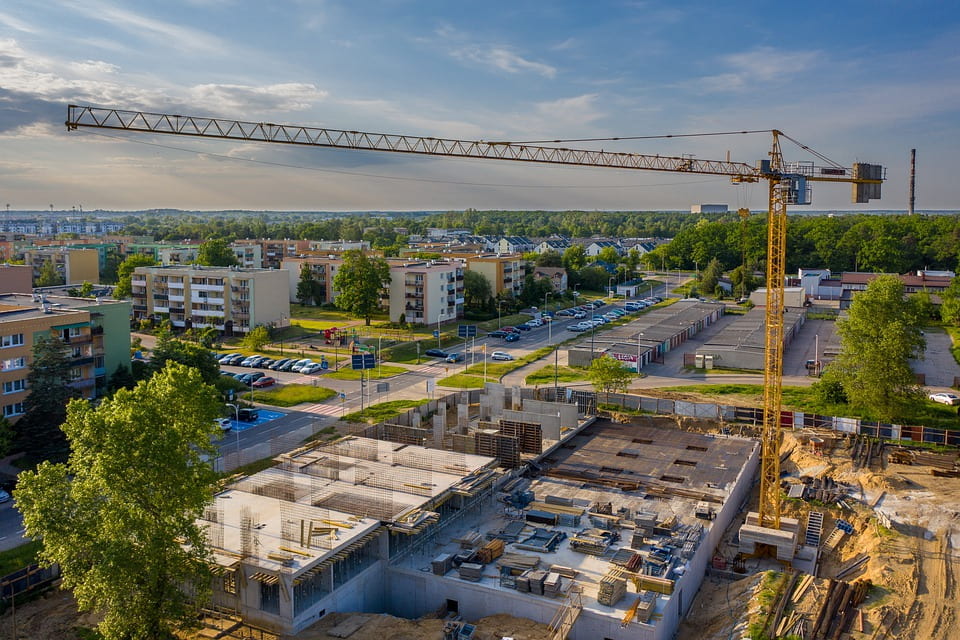Alasdair Jones, University of Auckland
Susan Parham, University of Hertfordshire
In both urban research and urban development practice there is a growing interest in the incorporation of principles of environmental sustainability in urban design. This is the case for masterplanning practice, or the strategic framework and process for developing or regenerating a (typically urban) site. Masterplanning has been identified as a critical tool for both private and public sector-led housing delivery, but recent analysis suggests that the quality of design achieved varies considerably from place to place.
As with the development of strategic visions in other policy domains, in the field of masterplanning, implementation issues can be a key source of disconnects between what is planned for, and what is realised at, a given site. Despite this, there has been a notable lack of implementation-oriented research in urban planning. In our research we seek to help address this gap through an exploration of where the slippages between masterplanning principles, policies and practices occur. In turn, we posit how masterplanning might be approached differently to reduce such slippages and to mitigate their detrimental effects on realising environmental sustainability objectives.
Key Recommendations:
- Undertake research into the impact of statutory withdrawal from (UK), or variation in (Australia), urban design guidance and regulation
- Consolidating available materials to influence and guide masterplanning, including tools like urban design coding in them, will help to reinstate sustainable urbanism principles
- To achieve sustainability outcomes, develop a distinctively urbanist masterplanning typology that corresponds directly to principles of sustainable urbanism
- Develop ways to better balance ‘market realities’ that foreground housing delivery (such as ‘buildability’) with wider sustainable urbanism principles
- Experiment with innovative ways of activating sustainable urbanism at the implementation stage, e.g. through strategic planning processes, community and stakeholder engagement processes, and environmental management techniques, to negate and address some of the sorts of slippages we identified
This research was conducted through the UH-Tarmac Sustainable Living Partnership at the University of Hertfordshire (PI: Dr Susan Parham)

